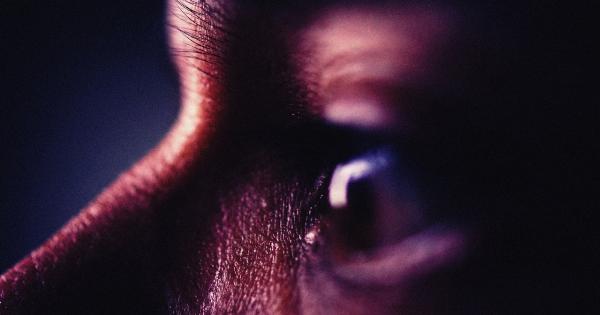Rhinoplasty is a cosmetic surgery procedure that involves the reshaping of the nose. It can help to improve the appearance of the nose and correct breathing problems.
Rhinoplasty is a safe and effective procedure, but like any surgery, it comes with some risks. One of the possible complications of rhinoplasty is a change in the sense of smell. In this article, we will discuss the possible smell problems after a rhinoplasty procedure.
How does Rhinoplasty affect the sense of smell?
The sense of smell is closely related to the nasal passages. During rhinoplasty, the nasal passages are reshaped, which can affect the sense of smell. The surgery can alter the structure of the nasal cavity and change the way air flows through the nose.
This alteration can cause a temporary or permanent change in the sense of smell. However, not all rhinoplasty patients experience a change in smell.
Temporary loss of smell after Rhinoplasty
Temporary loss of smell is a common occurrence after rhinoplasty. It usually lasts for a few days or weeks and gradually improves as the swelling goes down. This loss of smell is due to the swelling of the nasal passages and is not a cause for concern.
Permanent loss of smell after Rhinoplasty
Permanent loss of smell is a rare complication of rhinoplasty. It can occur if the surgery damages the olfactory nerves that are responsible for the sense of smell.
The olfactory nerves are located in the lining of the nasal cavity and can be damaged if the surgery is not performed carefully. If the patient experiences a permanent loss of smell after rhinoplasty, it is essential to inform the surgeon immediately as there may be corrective treatment options available.
Altered sense of smell after Rhinoplasty
Altered sense of smell is another possible complication of rhinoplasty. It occurs when the nasal passages are altered, and the flow of air through the nasal cavity is changed. This change in airflow can cause a change in the way that odors are perceived.
Patients may experience a difference in the strength or quality of smells after rhinoplasty. Some patients may find that they have an increased sense of smell, while others may have a decreased ability to smell.
Nasal pain and smell after Rhinoplasty
Nasal pain and discomfort are a normal part of the rhinoplasty recovery process, and it is common for patients to experience a sense of congestion or tightness in the nose following the procedure.
This discomfort can impact the sense of smell, as the congestion can make it difficult for air and odors to pass through the nasal passages. Patients may also experience a temporary change in the sense of smell due to the medication used during the recovery process. Pain medications, antibiotics, and nasal sprays can alter the sense of smell in some patients.
Allergic reactions and smell after Rhinoplasty
Some rhinoplasty patients may experience an allergic reaction following the surgery, which could impact their sense of smell.
Allergic reactions can cause congestion, inflammation, and irritation in the nasal passages, which can lead to a temporary change in the sense of smell. Patients should notify their surgeon immediately if they experience any allergic reactions following a rhinoplasty procedure.
Infection and smell after Rhinoplasty
In rare cases, rhinoplasty patients may develop an infection following the procedure, which could impact their sense of smell. Infections can cause inflammation and irritation in the nasal passages, leading to a temporary change in smell.
Patients should contact their surgeon immediately if they experience any signs of infection, such as pain, redness, or discharge.
Conclusion
Rhinoplasty is a safe and effective procedure that can help to improve the appearance of the nose and correct breathing problems. However, it is essential to be aware of the possible complications that can occur, including changes in the sense of smell.
Patients should discuss these risks with their surgeon before undergoing rhinoplasty and report any changes in smell immediately after the procedure.



























